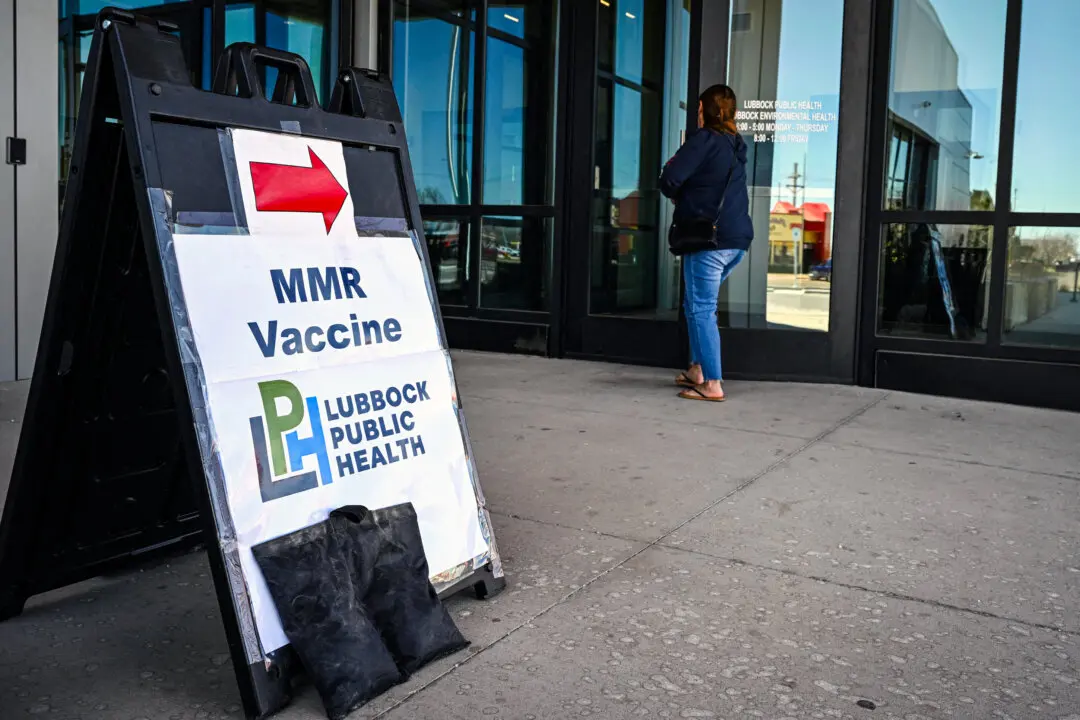Students who sued the University of Delaware over its abrupt, complete shift to online classes during the COVID-19 pandemic have scored another win, with a judge agreeing that their lawsuit can move forward as a class action.
The school, which has about 17,000 students, in the spring of 2020 stopped all in-person classes and soon shut down its campus.





